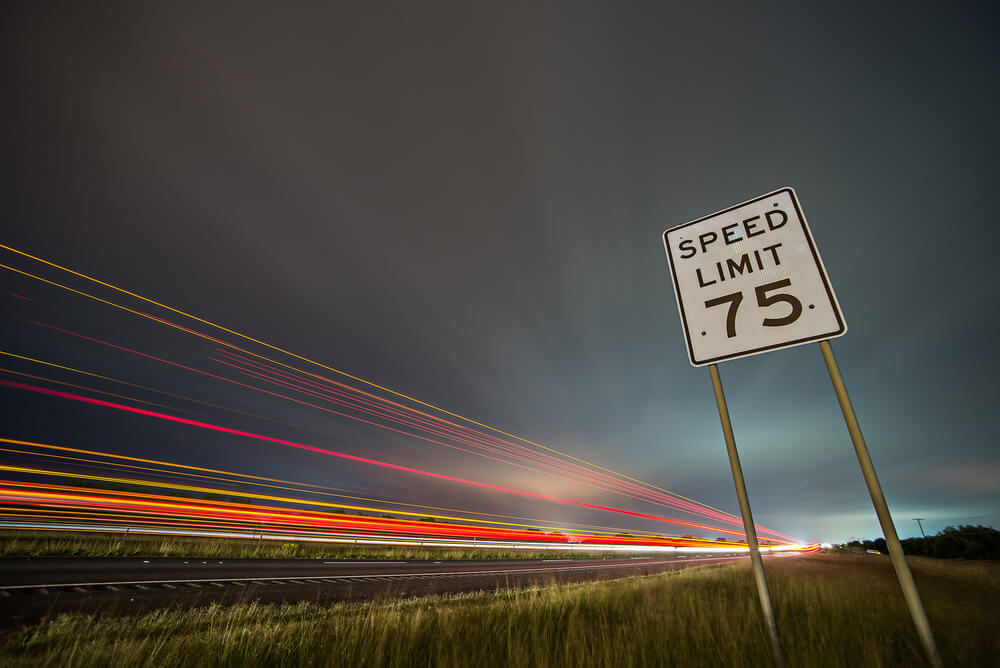

Many believe that driving over 100 mph is a felony offense. This is simply not true. Realistically, the only way speeding could possibly lead to a felony is if the driver’s dangerous maneuvers killed or seriously injured someone. Regardless, speeding remains a serious public health issue and can cost a driver their freedom and license–yes, even without a felony having been committed.
Speeding, whether a Nevada misdemeanor or not, robs society of too much:
Are you really familiar with the true dangers of speeding? Since speeding is something people see and do pretty much every day, it has become very normalized. That does not mean it isn’t deadly. Here are a few statistics to help you appreciate the consequences of driving over the posted speed limit:
Effective January 1, 2023, Assembly Bill 116 made it so that misdemeanor traffic violations like speeding, texting while driving, or not wearing a seat belt could no longer lead to arrest warrants in Nevada. Before AB 116, if a driver did not respond to a speeding ticket within 90 days, he or she could have a bench warrant issued for the offense. Such an ignored speeding ticket would lead to simply being found guilty of the infraction.
Driving 30 mph over the posted speed can lead to a misdemeanor moving violation and loss of your driving privileges, according to NRS 484B.600. To be clear, in the State of Nevada, you can be arrested and go to jail for driving 30 mph over the speed limit.
Finally, in Nevada, the only felony charges you can accrue from driving unsafely are a Hit And Run that results in a serious injury, and DUIs, under certain circumstances, can also be charged as felonies. Again, don’t be fooled – misdemeanors can still lead to jail time in Nevada.
Unfortunately, many people researching felony speeding online have been the victims of other drivers’ excessive speed. If that is your situation, Kidwell & Gallagher car accident lawyers can help you get the compensation you deserve. We handle vehicle-related personal injury cases daily. Our Reno personal injury attorneys are just a phone call or click away. Dial 775-323-2667 to get your questions answered today or try our contact form.

Craig W. Kidwell is the managing partner of Kidwell & Gallagher, Ltd., and exclusively represents injured workers in Nevada. Mr. Kidwell has been practicing workers’ compensation law in Nevada since 1999 and has acted as lead counsel on over 2,000 contested workers’ compensation claims. Mr. Kidwell represents injured workers in Nevada through all stages of Nevada’s complex worker’s compensation system. Craig regularly appears in all levels of Nevada’s administrative workers’ compensation system and has represented injured workers in Nevada’s districts and Supreme Court.